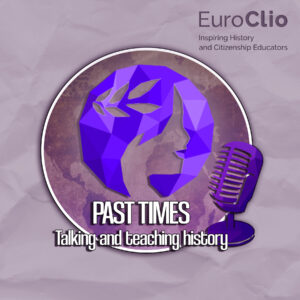The Resource Centre for History Education is an on-line repository of materials related to history, heritage, and citizenship education in Europe. The Resource Centre includes examples of practice, policy recommendations, and references to existing databases maintained by other organisations. The materials included in the Resource Centre are provided free of charge.
Recommendations
Teaching practices
Was the Glorious Revolution really “glorious?”
Introduction Most history textbooks portray the Glorious Revolution as a […]
Learning local history through a project that integrates various subjects – “Journey in medieval Saaremaa”
Learning history through folk songs – the case of Seto Leelo
IT Learning Environments in Estonia
Educational materials
Research
Conversations about Contested Pasts: Historicizing Historical Consciousness in a Globalizing World by prof. dr. Maria Grever
In several post-colonial countries, the war on monuments and cultural […]
Dealing with parents when teaching sensitive and controversial issues
Contested Histories: ‘Muralling’ and Reconciliation in Northern Ireland
Contested Histories: Robert Towns’ Statue and his Blackbirding Legacy



